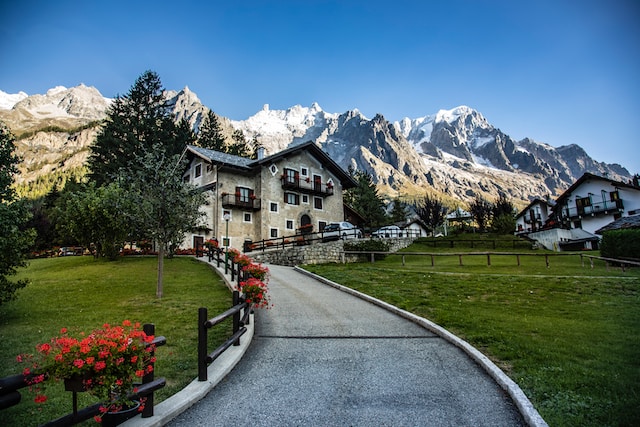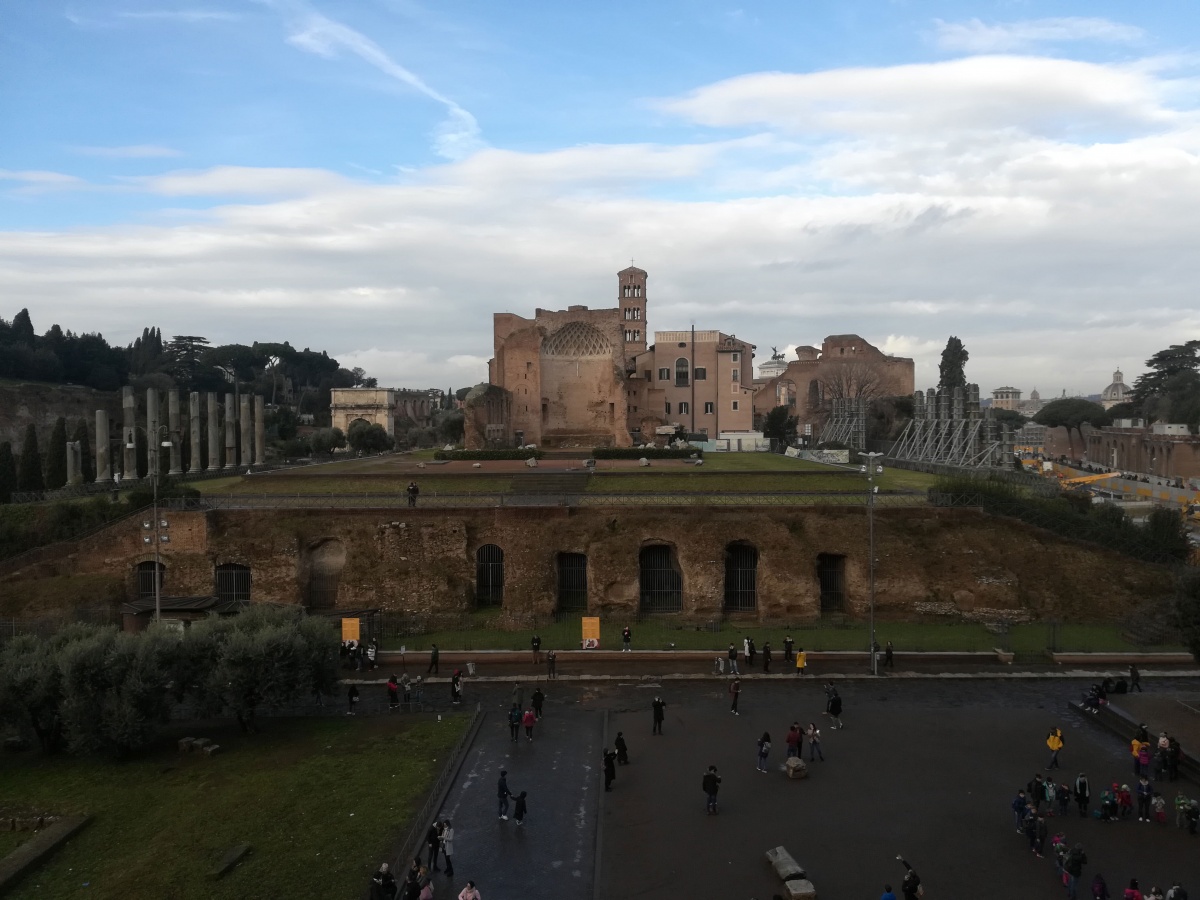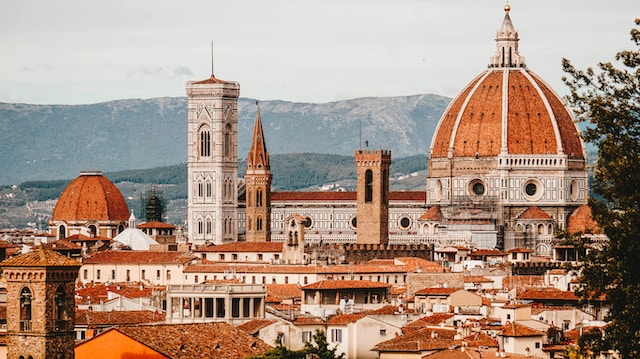The incentive travel boom in Italy: 61 % growth in 2024
In 2024, Italy witnessed a remarkable 61 % increase in corporate incentive travel programmes compared to 2019—highlighting a strong rebound in business travel spending and motivation strategies.
The surge is being driven by several key factors, with Italian destinations adapting quickly and organisers urged to focus on priorities that ensure the greatest impact.

Why incentives are surging in 2024
Several converging factors explain the spike. First, companies are leaning on experiences to rebuild culture, engagement and retention after years of hybrid work. Second, senior leaders are demanding measurable outcomes from reward budgets, pushing planners to design activities that develop skills, deepen loyalty and create advocacy. Third, Italy offers an unusually rich mix of access, infrastructure and storytelling—ideal for incentive narratives that recognise top performers.

Crucially, incentives outperform cash on motivation when they deliver meaningful recognition, peer visibility and once-in-a-lifetime experiences. The current cycle reflects this shift from generic group trips to curated journeys aligned with values such as sustainability, wellbeing and local authenticity.

What Italy offers to incentive programmes
Italy’s appeal rests on breadth and depth. Major hubs like Milan, Rome, Naples and Venice ensure international connectivity, while high-speed rail links open up art cities and secondary destinations. Iconic settings—from Alpine landscapes to coastal UNESCO sites—allow planners to layer culture, cuisine and design into memorable itineraries.
When it comes to cities of culture, Milan leads for design and innovation events, while Rome offers heritage experiences with exclusive after-hours venue access. Florence and Venice provide naturally dramatic high-impact gala settings that elevate any corporate celebration.

For nature and outdoor experiences, the Dolomites combine soft adventure with wellness opportunities, perfect for summer alpine incentives. Italy's lakes and coastlines open up sailing excursions, e-foil clinics and conservation-led activities that align with sustainability goals.
The food and wine landscape offers vineyard takeovers in Tuscany or Piedmont, chef-led masterclasses, and farm-to-table experiences. These culinary moments anchor recognition events in authentic local excellence, creating lasting connections between corporate achievements and Italy's celebrated gastronomic heritage.

Emerging trends shaping incentive design
The 2024 wave is not just about volume; it is about smarter design. The strongest programmes share four traits:
- Sustainability with substance: Lower-carbon transport where feasible, certified suppliers, and credible give-back elements (e.g., marine clean-ups, reforestation, heritage restoration tours).
- Wellbeing at the core: Balanced pacing, sleep-friendly scheduling, movement breaks, and menus developed with nutrition in mind. Wellness is now a design parameter, not an add-on.
- Hyper-local immersion: Micro-itineraries curated around neighbourhood artisans, contemporary art districts, or niche sports—experiences that participants could not easily purchase alone.
- Personalisation at scale: Modular agendas that allow award-winners to select tracks—adventure, culinary, culture, or wellness—while still sharing a common recognition arc.
Budget, measurement and ROI
With demand rising, cost discipline matters. Planners are building transparency into sourcing, locking core components early, and ring-fencing contingency for air or fuel volatility. Measurement is moving beyond satisfaction scores to include retention metrics, internal referrals, sales uplift and peer-to-peer recognition. Pre- and post-trip communications amplify perceived value and keep achievements visible across the organisation.
A simple framework for ROI includes: defining one or two primary business outcomes; mapping each agenda element to those outcomes; gathering data at three moments (pre, in-destination, post); and reporting results in a format useful to HR, sales leadership and finance.

Practical checklist for organisers
For effective incentive programmes, key principles distinguish trips from impactful experiences. First, clarify objectives and success metrics—whether improving retention, sales or cohesion. Without clear frameworks, memorable journeys lose strategic value. Successful programmes balance accessibility, seasonality and signature experiences while prioritising sustainability and wellbeing standards. Today's participants expect genuine commitments, making credibility decisive. Personalisation through modular tracks allowing schedule customisation makes programmes feel both individual and collective. Recognition moments should be visible, specific and emotionally resonant.
Finally, strategic communication—from teasers to post-trip highlights—maintains anticipation, enhances engagement and extends motivational effects beyond return.
The Road Ahead
Given strong demand and a deep supplier ecosystem, Italy is set to remain a top-tier incentive destination through the medium term. Organisations that pair disciplined ROI with thoughtful programme design will benefit most from the current momentum. In the end, the right incentive experience aligns purpose, place and people—and that alignment is what turns a reward trip into a driver of long-term performance.
